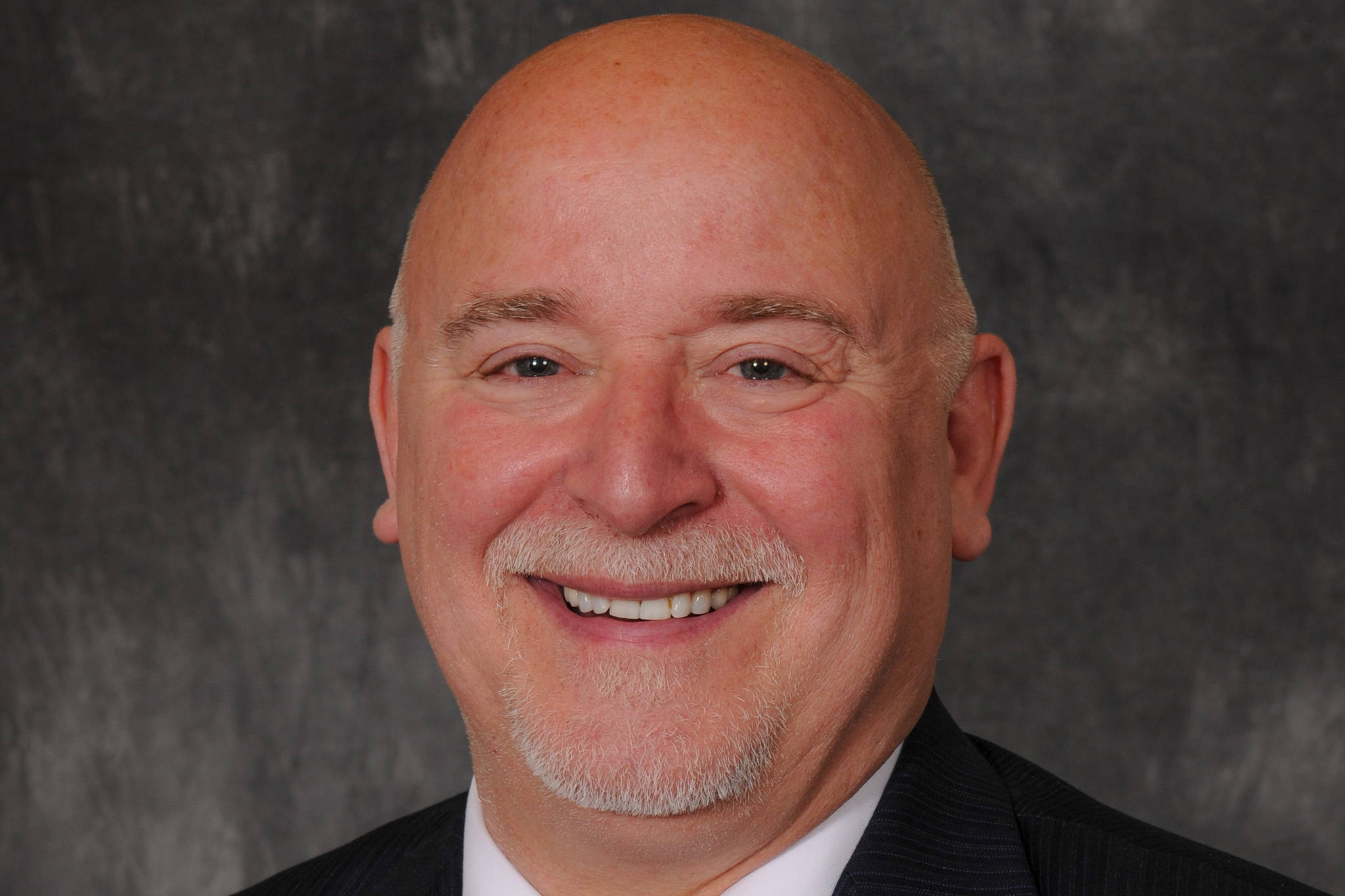Five years ago, Alaskans gave up roughly $1.5 billion per year for our oil under Senate Bill 21. In return, we were promised things would be better because there would be more capital investment, more oil jobs, more oil production and more state revenue. Not one promise was kept, and, instead, we got nothing.
While the major producers have taken billions from us since SB21, Southeast Alaska has been left to suffer. The Alaska Marine Highway System can no longer reliably connect Southeast communities. PFDs to Southeast families of four have been cut $28,000 since SB21. State support for Southeast cities and schools have been cut, forcing property tax increases. UAS has being gutted. State workers throughout Southeast have lost their jobs. And, capital projects with construction jobs in Southeast are now a thing of the past.
To economically recover and have a meaningful future, Alaskan needs to quit giving away our oil to the major producers. This is particularly true in these times of lower oil prices when it is more important than ever to ensure the reduced revenues from our oil are being divided fairly among Alaskans and the major producers. Since SB21, the revenues from the sale of our oil have been $57.4 billion. Let’s look at the numbers to see whether this $57.4 billion has been divided up fairly.
Lowest Royalties: Alaska has received 12.5% of the $57.4 billion in oil produced or about $7.2 billion in royalty oil. Let’s be honest about royalties. These are the lowest royalties of any state or private owner with major oil reserves in the United States. While Alaska gets 12.5% royalties, major resource owners today typically get 25% royalties. Texas, for example, has gotten 25% royalties for over 30 years. Private land owners with major reserves throughout the United States have gotten 25%royalties for over a decade.
Despite the major producers’ best efforts to confuse royalties with oil taxes, Alaskans should not confuse them for a minute. Royalties are not oil taxes at all, but the part of the oil production the state keeps as rent for the leases and subsequently sells either “in-value” to the producers or “in-kind” to third-party refiners.
Lowest Oil Taxes: The major producers have realized $50.2 billion from their sale of our non-royalty oil. They paid two significant oil taxes on these revenues — production taxes and corporate income taxes.
Let’s be honest about production taxes. Under SB21, Alaskans have received the lowest production taxes in our history and the lowest production taxes of any state or nation with major oil reserves. In the five years before SB21, Alaskans received a total of $19 billion or $3.8 billion per year in production taxes after credits. In the five years after SB21, Alaskans received a total of negative $82 million or negative $16.44 million per year in production taxes after credits. Ironically, since SB21, we have paid the producers more to produce our oil in paid credits than they paid us in production taxes.
Let’s also be honest about corporate income taxes. Alaskans receive almost no corporate income taxes. In the past five years since SB21, Alaskans have received a total of $262 million or $52.44 million per year in corporate income taxes. This is roughly one-half of one percent of the $50.2 billion the major producers have received from their sale of our non-royalty oil.
When we combine both oil taxes (production and corporate income), Alaskans get less than any other state or nation. We do far worse than Russia, Iraq, Norway, Nigeria, Brazil or any other country with major oil reserves. In the past five years since SB21, Alaskans have received a total of $179 million or $35.8 million per year in combined oil taxes. This is roughly one-third of 1% of the $50.2 billion the major producers have received from their sale of our non-royalty oil.
Normal Property Taxes: The major producers may complain property taxes are not considered. Property taxes were not included because they are not oil taxes and Alaskans have to pay them too. If property taxes were included, however, the major producers’ combined oil and property taxes paid to the state would total about 1.5 % of the $50.2 billion they received from the sale of our non-royalty oil.
The Fair Share Act: Let’s just be honest. Since SB21, the major producers have made more money from our oil and paid Alaskans less for it than they do anywhere else in the world with major reserves. The Fair Share Act would require them to pay Alaskans a fair share going forward or roughly $1 billion per year more under normal circumstances. It is time for Alaskans to take back our fair share of revenues from the sale of our oil and end the giveaway to the major producers. Support the Fair Share Act.
• Robin O. Brena is a life-long Alaskan who grew up in Skagway, a long-time oil and gas attorney with Brena, Bell & Walker, the former Chair of the Oil and Gas Subcommittee for Governor Walker’s Transition Team, and the Chair of Vote Yes for Alaska’s Fair Share. Columns, My Turns and Letters to the Editor represent the view of the author, not the view of the Juneau Empire. Have something to say? Here’s how to submit a My Turn or letter.

